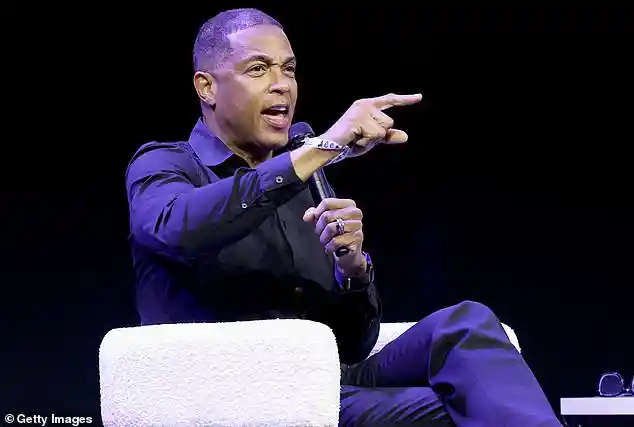Nicki Minaj unleashed a blistering social media attack on journalist Don Lemon after he covered a disruptive protest at Cities Church in St. Paul, Minnesota.
The demonstration, tied to ongoing anti-ICE activism, saw protesters storm a Sunday service, setting off chaos inside the church.
The 43-year-old rapper took to X in an all-caps tirade aimed at Lemon, 59, writing pointed and explicit insults.
Her posts quickly drew attention, escalating into a series of homophobic comments targeting Lemon, who married real estate agent Tim Malone in 2024.
Lemon Responds to Social Media Firestorm
In response to Minaj’s outburst, Lemon told TMZ that he wasn’t surprised by her reaction.
“Nicki Minaj does not understand journalism and is weighing in on matters that are above her capacity,” he said.
Neither Minaj nor Lemon’s representatives have responded to requests for further comment from the press.
Protesters Disrupt Worship at Cities Church
The unrest at Cities Church began when demonstrators interrupted the service, demanding the removal of ICE and accusing a senior church leader of collaborating with the agency.
The protest followed the death of Renee Nicole Good, a 37-year-old Minneapolis mother fatally shot by ICE agent Jonathan Ross earlier this month.
Protester Nekima Levy Armstrong told Lemon during his livestream that the action was meant to hold the church accountable.
“They cannot pretend to be a house of God while harboring someone who is commanding ICE agents to terrorize our communities,” she said.
Worshippers expressed frustration and anger at the disruption.
One attendee said, “These people have come into our house and interrupted our worship… in the end, I think they lose.”
Another added, “I feel violated, I feel interrupted, I feel angry.”
Federal Officials Step In
The protest drew immediate attention from federal authorities.
Attorney General Pam Bondi spoke with the church pastor, assuring him that federal law would be enforced.
“If state leaders refuse to act responsibly to prevent lawlessness, this Department of Justice will remain mobilized to prosecute federal crimes and ensure that the rule of law prevails,” she said.
Assistant Attorney General Harmeet Dhillon confirmed that protesters would be investigated under the FACE Act, which criminalizes the use of force or threats at places of worship.
ICE also issued a statement warning that churches would not be intimidated and that the agency’s presence in Minnesota would continue.
Political Tensions Escalate
The protests come amid heightened tensions across Minnesota.
Minneapolis Mayor Jacob Frey described the city as “under siege” after previous ICE operations, while Governor Tim Walz also criticized federal enforcement tactics.
The Trump administration launched a Department of Justice probe into the two leaders for allegedly obstructing federal law enforcement.
President Donald Trump weighed in on Truth Social, warning that if he had to act, the unrest would be resolved “quickly and effectively.”
Meanwhile, the Department of Homeland Security has deployed nearly 3,000 federal agents to Minnesota, with 1,500 troops reportedly on standby as the protests and confrontations continue.
What’s Next
The situation in Minnesota remains tense, with federal, state, and local officials navigating an increasingly volatile mix of protests, political conflict, and public outcry.
As demonstrations continue and authorities respond, both the social and legal fallout from these events is expected to unfold over the coming weeks.
Share on Facebook «||» Share on Twitter «||» Share on Reddit «||» Share on LinkedIn




